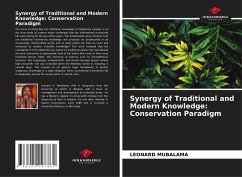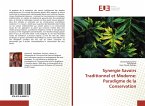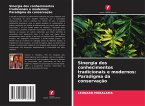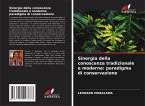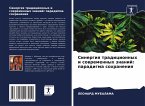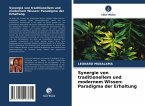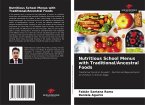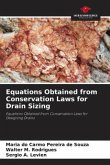The issue of protecting the traditional knowledge of indigenous peoples is at the crossroads of several major challenges that the international community has been facing for the past thirty years. The fundamental issue remains: how can traditional biodiversity knowledge and practices be perpetuated in an increasingly interbreeding world, and to what extent can they be used and enhanced by modern scientific knowledge? This work revealed that the management of the Malambo was based on traditional values that had allowed the local community to appropriate them to the extent that some of them have remained almost intact. The presence of species such as Cercopithecus ascanius; Pan troglodytes schweinfurthii, and Gorilla beringei graueri whose high encounter rate was recorded within the Malambo visited is revealing in several ways. The creation of sui generis legal frameworks to protect indigenous knowledge is a legal obligation when conventional frameworks fail to adequately ensure the conservation of sacred sites.
Bitte wählen Sie Ihr Anliegen aus.
Rechnungen
Retourenschein anfordern
Bestellstatus
Storno

